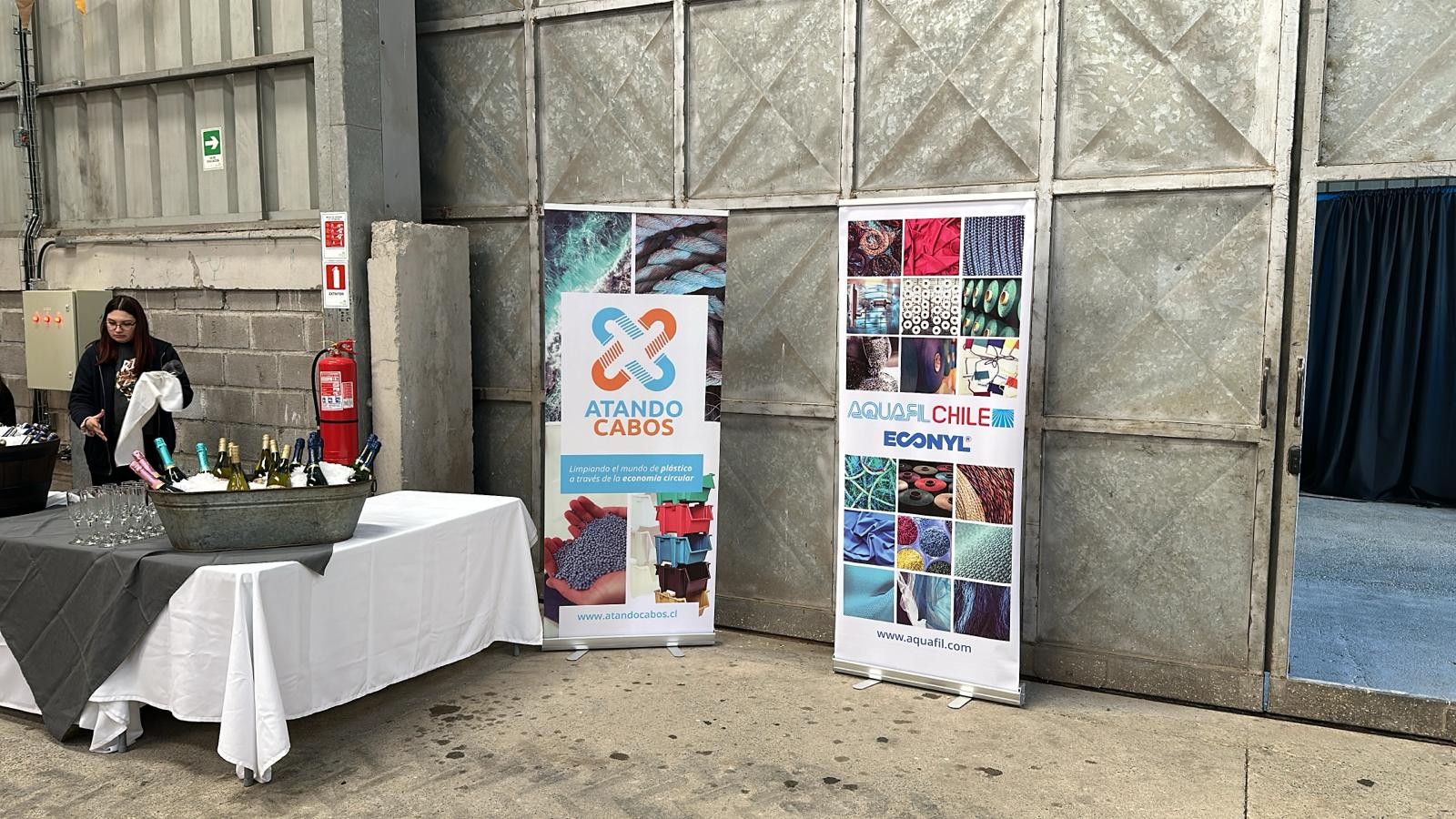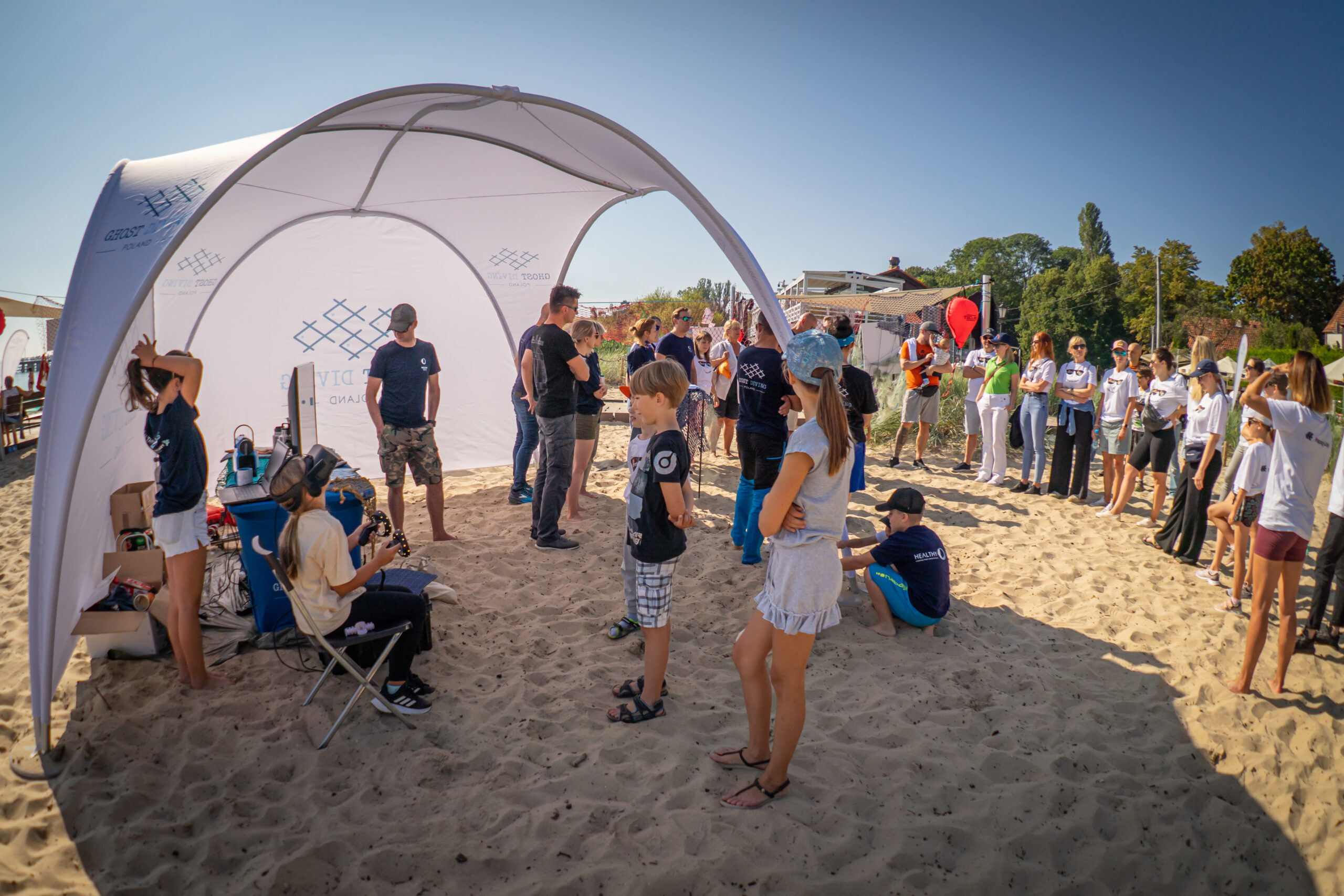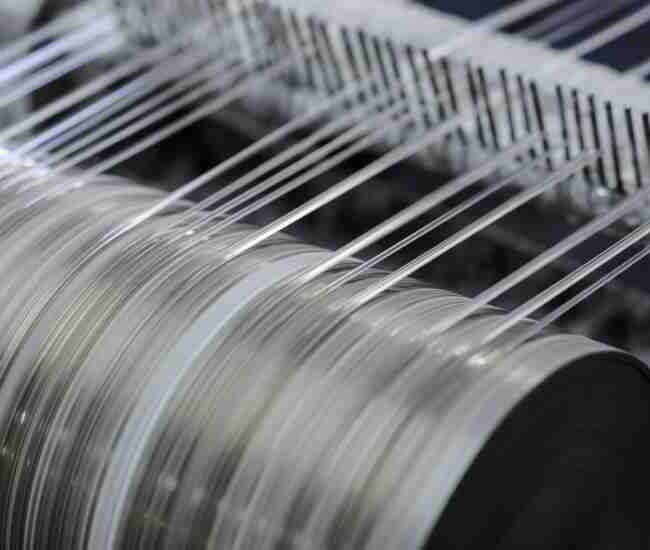Better recycling through chemistry
February 1, 2019
GREENBIZ – RP Siegel
While it’s true that any type of recycling reduces the need for fossil fuels and reduces the amount of waste that continues to taint our landscapes and our oceans, not all recycling is the same.
Looking specifically at plastics, most plastics are recycled mechanically, which means they are shredded and then melted and pelletized so that they can be reused as recycled plastic.
While this is a relatively simple and inexpensive approach, it introduces a number of compromises and is technically considered downcycling, because there is a loss of quality each time the material is processed. This means that there are a finite number of times the material can be recycled.
(…)
With depolymerization, you break the plastic down to its original chemical building blocks known as monomers, which can be used to make new plastic that is virtually identical to the virgin feedstock that had come from fossil fuels.
(…)
The Italian company Aquafil, a leading global producer of nylon yarns for carpeting and apparel, developed its Econyl fiber back in 2011. This is 100 percent recycled nylon that is processed back to its base monomer caprolactam. Aquafil has a dedicated facility in Slovenia that performs this operation. While the original feedstock supply came from post-industrial waste, such as mill waste, the company later made a splash by initiating a program to retrieve discarded nylon fishing nets from the ocean and turning them back into virgin nylon.
…




